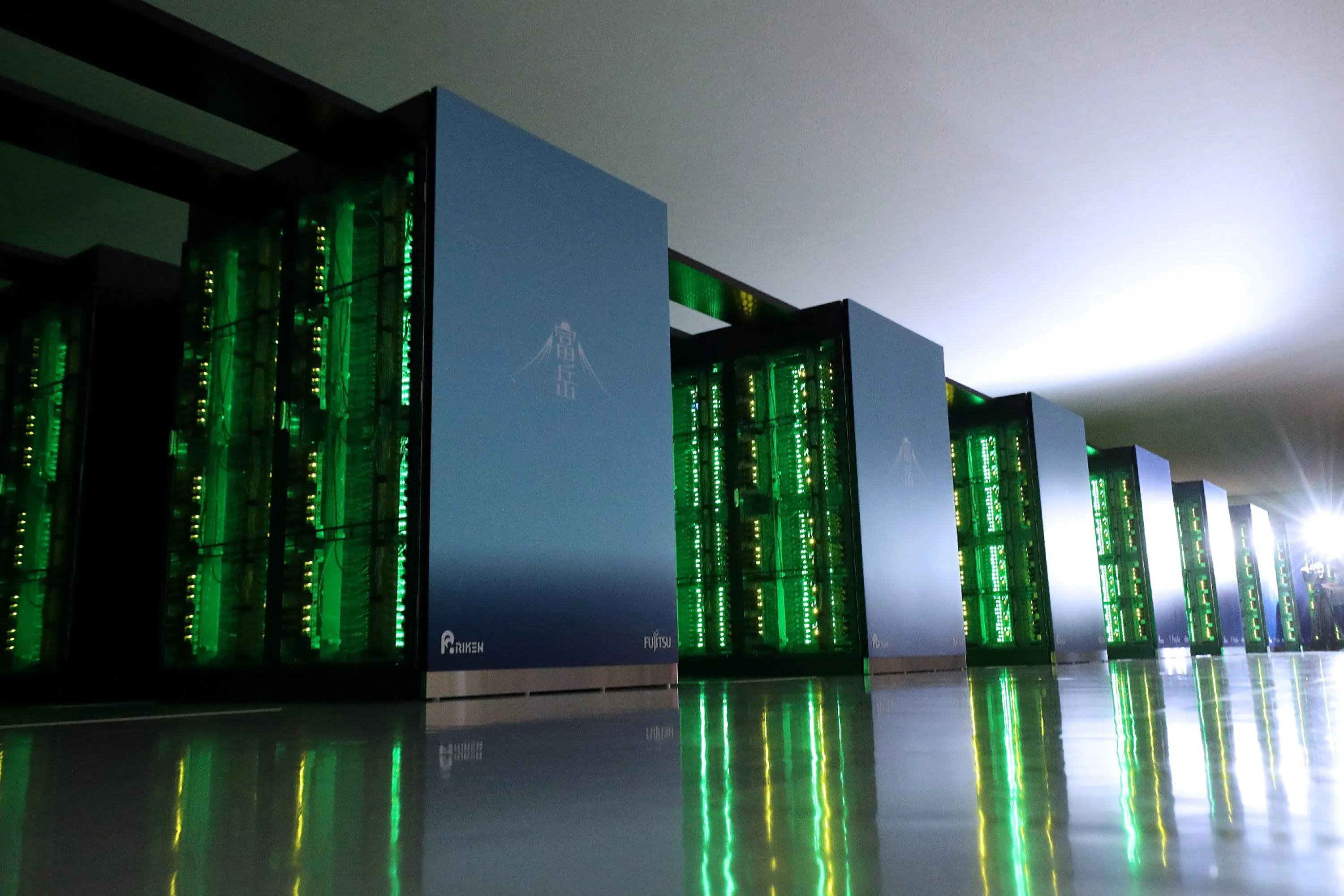News: Unveiling Japan’s Pioneer 'Zeta-Class' Supercomputer

Japan's Revolutionary Drive for a 'Zeta-Class' Supercomputer
In the latest news, Japan is officially starting work on the world's first 'zeta-class' supercomputer. When completed, this groundbreaking machine is expected to run at speeds that are a full 1,000 times faster than the fastest supercomputer currently in operation. Expected to come online in 2030, the total project cost is estimated at approximately $775 million.
Significance of the Fugaku Next Supercomputer
Supercomputers have unequivocally transformed our modern world. They have resolved intricate mathematical problems, simulated vast physical systems, and bolstered advancements in biology and medicine. The faster a supercomputer can conduct complex calculations, the more powerful a research tool it becomes. Currently, the leading supercomputers exhibit operation speeds in terms of exaFLOPS, which translates to one quintillion calculations per second. Japan aims to break this record with its Fugaku Next, which is set to achieve speeds quantified in zetaFLOPS—one thousand times the exaFLOPS threshold.
Funding and Development Disclosures
This announcement was made by Japan's Ministry of Education, Culture, Sports, Science and Technology (MEXT), which plans to allocate approximately £110 billion (around $775 million) to the project over its development span. Notably, approximately £4.2 billion ($29 million) will be dedicated in the project's first year. MEXT is keen on ensuring Japan retains competitiveness in the global AI computational landscape, aiming to utilize predominantly Japanese components in construction.
International Collaboration and Future Aspirations
The ambitious undertaking will be managed by the prominent research institution RIKEN, with expected contributions from either Fujitsu or American entities such as Advanced Micro Devices (AMD), Nvidia, or Intel. As mentioned by Satoshi Matsuoka, the director of RIKEN's computational science center, “Other countries are ahead in supercomputer technology for AI. We would like to incorporate their expertise and evolve Japan's core technologies into winning technologies on the global stage.”
This article was prepared using information from open sources in accordance with the principles of Ethical Policy. The editorial team is not responsible for absolute accuracy, as it relies on data from the sources referenced.